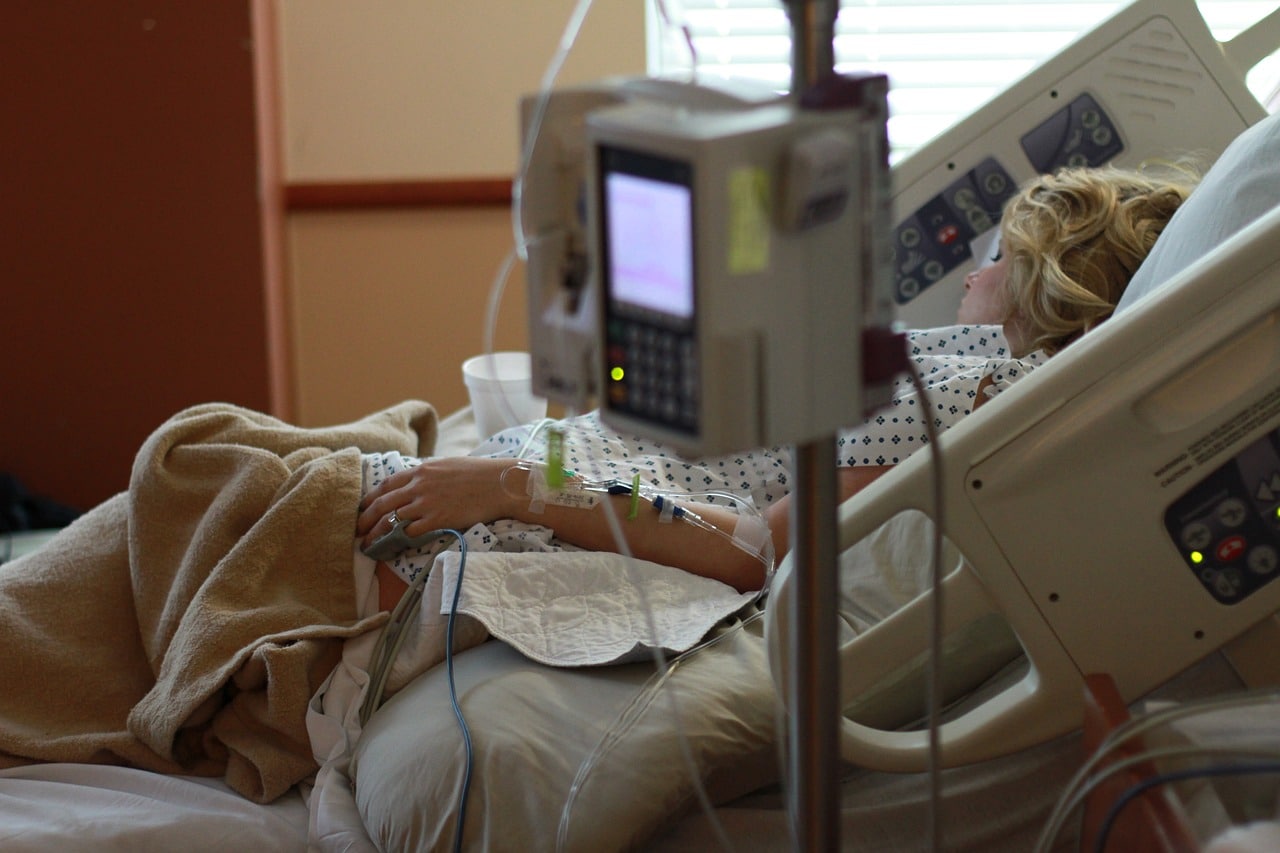Despite a steady increase in recent years, Cyprus still spends less on health in total than other EU countries – both as current expenditure per capita and as a share of GDP, the EU’s latest health report has found.
Current health expenditure in Cyprus was 9.4 per cent of GDP in 2021, or €2,686 per capita, compared to 11.0 per cent of GDP and €4,028 per capita on average across the EU.
“The increase in health expenditure coincided with the Covid-19 pandemic, however, and it is difficult to disentangle the impact of increased demand due to Covid infections and the health system treating more patients who were previously unable to access services,” the report said.
As total spending per capita in Cyprus is comparatively low, the relative spend by activity is also below the EU average in almost all areas, it added. Higher spending on inpatient care reflected increased spending for Covid-19 care rather than anything else.
“Spending on prevention is among the lowest in the EU, at just €59 per capita in 2020 (or 2.2 per cent of health spending). Similarly, spending on long-term care is very low,” the report said.
There is also an imbalance in the health workforce between the number of doctors and nurses working in the system. In Cyprus, the density of doctors is 5 per 1,000 population, which is slightly above the EU average, while the density of nurses is also around 5 per 1,000 population, which is well below the EU average.
The report said weak gatekeeping in primary care was also a key source of inefficiency in the health system. “In 2019, the proportion of primary care visits that resulted in referrals to specialists reached 70 per cent, and although this has now been reduced to 40 per cent, the level is still very high,” the report said.
The aim is to reduce the referral rate to 25 per cent through a combination of new value-based financing mechanisms for primary care and training for personal doctors. In hospital care, the main challenge to efficiency is overuse of expensive medical imaging for diagnostics.
“Guidelines and protocols for medical diagnostics are insufficient, and there is a lack of adequate control of contracted private hospitals and their invoicing for services,” it added.
As regards mental health, it said that although there are significant gaps in information about the prevalence of mental health issues in Cyprus, as in other EU countries, available evidence suggests that they affect a relatively high proportion of the population.
According to estimates, one in six people in Cyprus (17.2 per cent) had a mental health issue in 2019 – a proportion slightly higher than the EU average (16.7 per cent).
The most common mental health conditions in Cyprus are anxiety disorders (estimated to affect 7.2 per cent of the population) and depressive disorders (3.8 per cent). Alcohol and drug-use disorders affect 2.6 per cent of the population, but this is lower than the EU average (3.4 per cent).
“Consequently, while mental health problems increase the risk of suicide, suicide rates in Cyprus remain low relative to the burden of mental health problems, and the gender gap between male (5.4 per 100,000 population) and female (1.6 per 100 000 population) suicide rates is comparatively narrow,” said the report.
“As in several other EU countries, many Cypriots reported unmet needs for mental healthcare,” it concluded.







Click here to change your cookie preferences